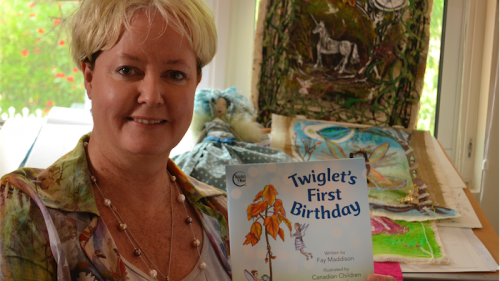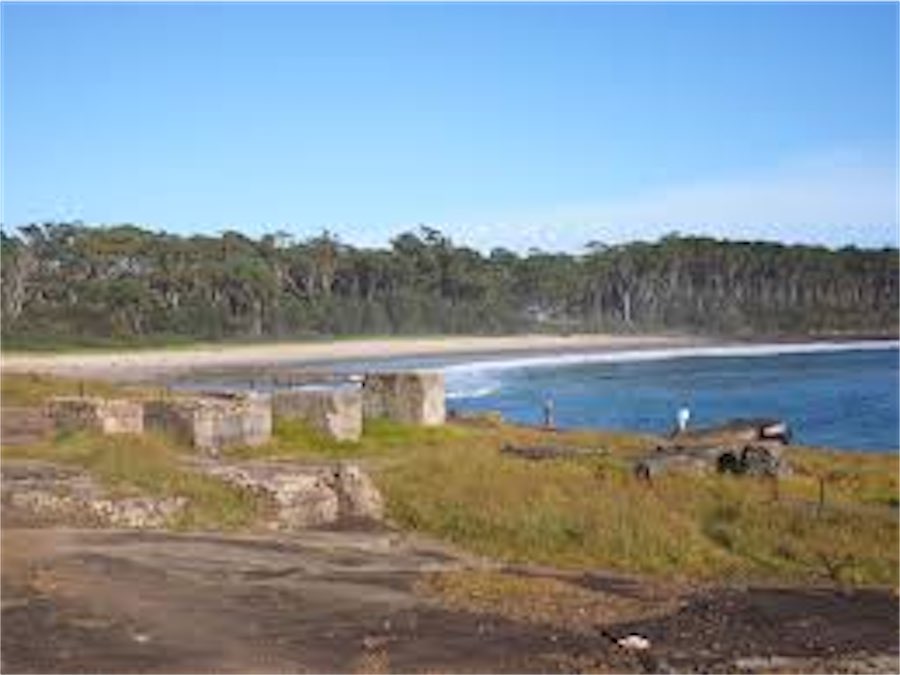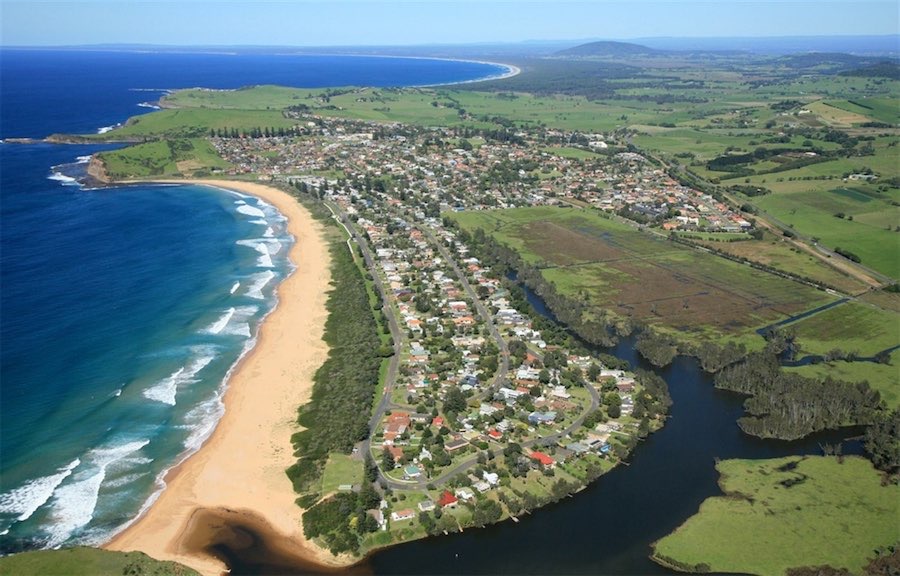
IN Fay Maddison’s hot hometown of Darwin, nestled against a backdrop of rainbow-coloured cliffs, a little, tin-roofed, bush theatre was the creative escape from her self-medicating father, who was suffering from what she now knows was PTSD.
As a child, she was too young to understand what her father, a World War II veteran, was going through and says the label PTSD didn’t even exist back then.
It was later in life, when the phrase “post-traumatic stress disorder” started being used more commonly, that Fay felt inspired to start a conversation about PTSD creatively.
Now she lives in Canberra with her husband, Paul Maddison, the High Commissioner of Canada, and wants to extend the conversation here.
She met Paul on a blind date in Hong Kong after moving there to model and act in her 20s. Once married, Fay gave up her career to become a “navy wife” and stepped into a world where she saw more people affected by war.
During that time she often thought back to the small bush theatre in Darwin and one night decided to draw on something a teacher had said to her when she was young: “You should be a writer.”
The Afghan war had started and she witnessed many friends coming back with PTSD.
“I saw a lot of families being torn apart, a lot of hurt and pain,” she says.
“In the US there were 22 suicides a day from people who had served. By the time they came back their bodies were exhausted.
“You cannot go into a theatre of war and not come back changed in some way.”
While watching these families, Fay continued to ask herself: “How does a 10-year-old feel when their mum or dad is a firefighter and in the middle of the night they hear sirens going down the road?”
And from that, she wrote an early reader book about a little girl, Natasha, whose dad is in the navy and her best friend’s dad is a firefighter.
In the book these friends come together and start a magical, musical theatre, just like the one that Fay was in when she was a child.
But Fay believed this was bigger than a story and started the Natasha’s Wood Foundation, which meant that no matter where families were, they could access everything online. It also meant that people weren’t making money from other people’s pain.
“Now that it’s in place and cannot be taken away, 100 per cent of the proceeds from the book will always go back to help children’s programs in the mental health and wellbeing field,” she says.
“I had to do it ethically, from what I had experienced seeing my father with PTSD and what it did to our family.
In Canada, Fay has directed all proceeds of the book “Twiglet’s First Birthday”, which is based in Natasha’s Wood, towards the mental wellness of children in first-responder and military families.
She also ran an art campaign there, letting children, from these families, illustrate the book.
In Canberra, Fay is running another art campaign with all proceeds of the printed picture book gifted back to the youth programs at the National Arboretum.
Fay believes it’s fitting to partner with the Friends of the National Arboretum after hearing that the Arboretum symbolises the community’s process of healing and recovery from the catastrophic Canberra fires.
The children’s original art will be posted up on the National Arboretum Facebook page and website – and the National Arboretum’s “art selection committee volunteers” will choose the young artist’s work to be included in the book.
Ages 5-18 can submit artworks until September via arboretumcanberra.org.au
Who can be trusted?
In a world of spin and confusion, there’s never been a more important time to support independent journalism in Canberra.
If you trust our work online and want to enforce the power of independent voices, I invite you to make a small contribution.
Every dollar of support is invested back into our journalism to help keep citynews.com.au strong and free.
Thank you,
Ian Meikle, editor





Leave a Reply